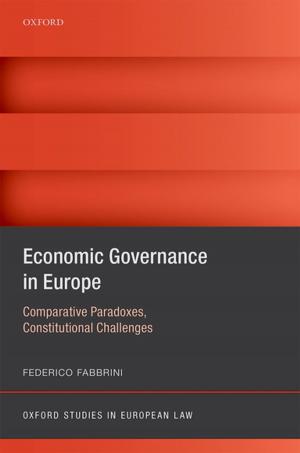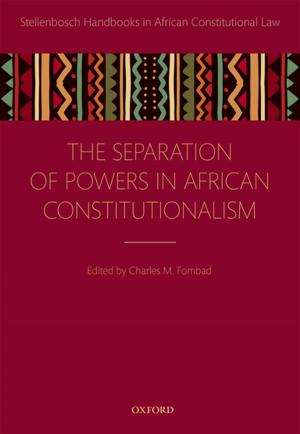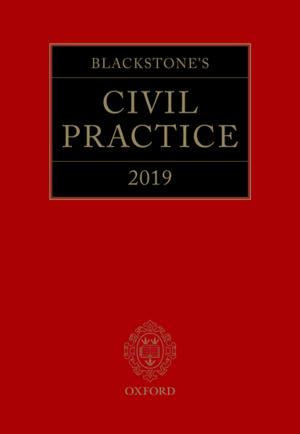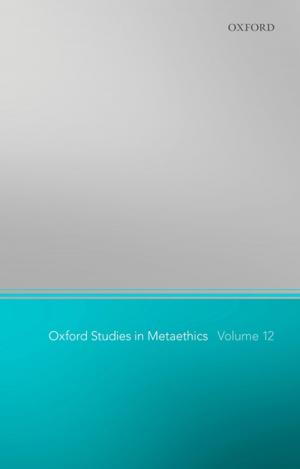Fitness to Plead
International and Comparative Perspectives
Nonfiction, Reference & Language, Law, Criminal Procedure, Social & Cultural Studies, Social Science| Author: | ISBN: | 9780191092718 | |
| Publisher: | OUP Oxford | Publication: | June 21, 2018 |
| Imprint: | OUP Oxford | Language: | English |
| Author: | |
| ISBN: | 9780191092718 |
| Publisher: | OUP Oxford |
| Publication: | June 21, 2018 |
| Imprint: | OUP Oxford |
| Language: | English |
The law relating to fitness to plead is an increasingly important area of the criminal law. While criminalization may be justified whenever an offender commits a sufficiently serious moral wrong requiring that he or she be called to account, the doctrine of fitness to plead calls this principle into question in the case of a person who lacks the capacity or ability to participate meaningfully in a criminal trial. In light of the emerging focus on capacity-based approaches to decision-making and the international human rights requirement that the law should treat defendants fairly, this volume offers a benchmark for the theory and practice of fitness to plead, providing readers with a unique opportunity to consider differing perspectives and debate on the future development and direction of a doctrine which has up till now been under-discussed and under-researched. The fitness to plead rules stand as an exception to notions of public accountability for criminal wrongdoing yet, despite the doctrine's long-standing function in criminal procedure, it has proven complex to apply in practice and has given rise to many varied legislative models and considerable litigation in different jurisdictions. Particularly troublesome is the question of what is to be done with someone who has been found unfit to stand trial. Here the law is required to balance the need to protect those defendants who are unable to participate effectively in their own trial, whether permanently or for a defined period, and the need to protect the public from people who may have caused serious social harm as a result of their antisocial behaviour. The challenge for law reformers, legislators, and judges, is to create rules that ensure that everyone who can properly be tried is tried, while seeking to preserve confidence in the fairness of the legal system by ensuring that people who cannot properly engage in the criminal trial process are not forced to endure it.
The law relating to fitness to plead is an increasingly important area of the criminal law. While criminalization may be justified whenever an offender commits a sufficiently serious moral wrong requiring that he or she be called to account, the doctrine of fitness to plead calls this principle into question in the case of a person who lacks the capacity or ability to participate meaningfully in a criminal trial. In light of the emerging focus on capacity-based approaches to decision-making and the international human rights requirement that the law should treat defendants fairly, this volume offers a benchmark for the theory and practice of fitness to plead, providing readers with a unique opportunity to consider differing perspectives and debate on the future development and direction of a doctrine which has up till now been under-discussed and under-researched. The fitness to plead rules stand as an exception to notions of public accountability for criminal wrongdoing yet, despite the doctrine's long-standing function in criminal procedure, it has proven complex to apply in practice and has given rise to many varied legislative models and considerable litigation in different jurisdictions. Particularly troublesome is the question of what is to be done with someone who has been found unfit to stand trial. Here the law is required to balance the need to protect those defendants who are unable to participate effectively in their own trial, whether permanently or for a defined period, and the need to protect the public from people who may have caused serious social harm as a result of their antisocial behaviour. The challenge for law reformers, legislators, and judges, is to create rules that ensure that everyone who can properly be tried is tried, while seeking to preserve confidence in the fairness of the legal system by ensuring that people who cannot properly engage in the criminal trial process are not forced to endure it.















